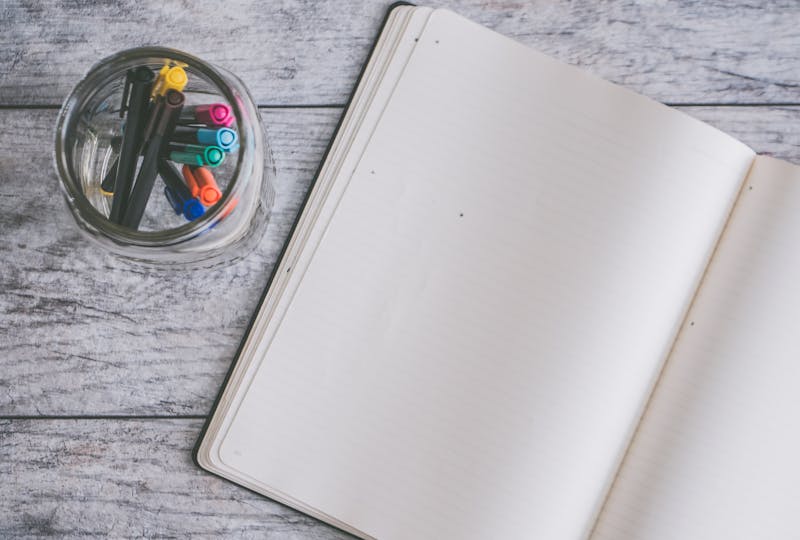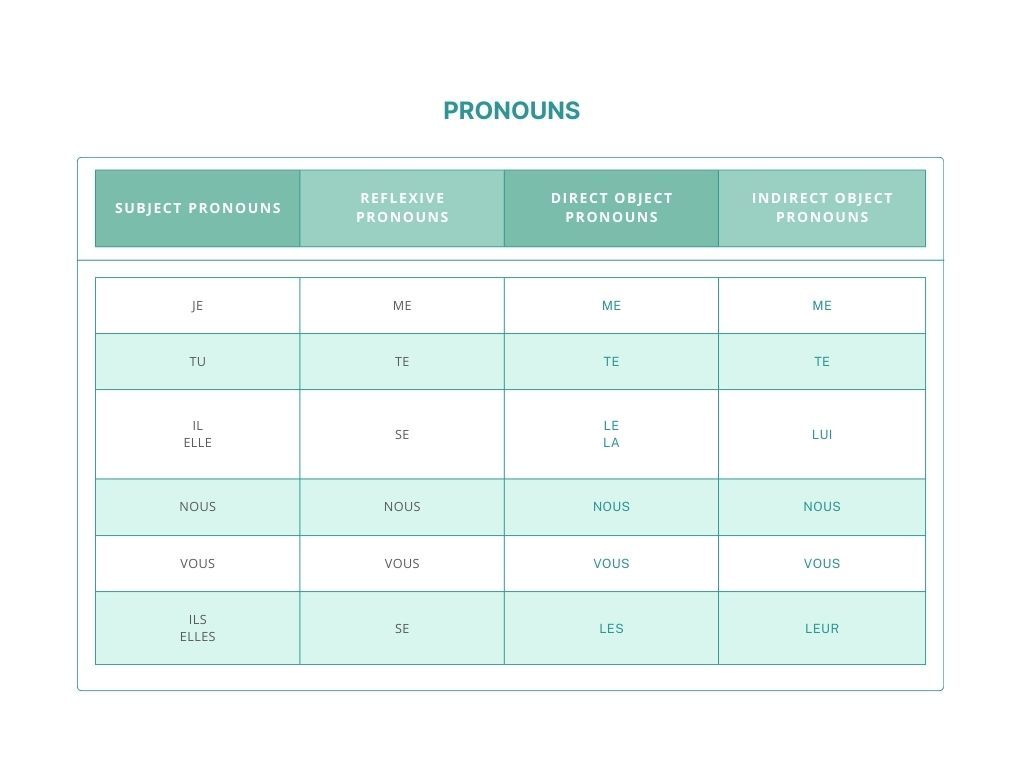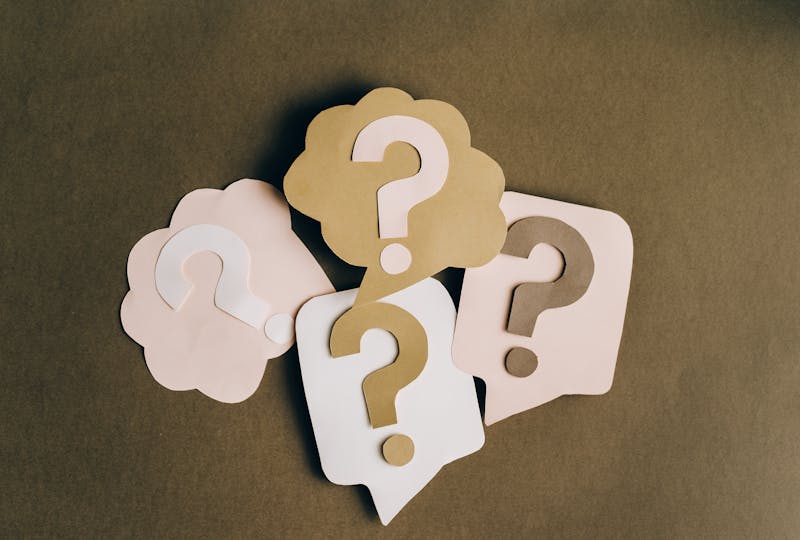The Ultimate Guide to French Reflexive Verbs

If your native language doesn't use reflexive verbs, understanding French reflexive verbs can be quite difficult. Reflexive verbs can seem confusing and frustrating when you first encounter them, and if you aren't already familiar with the concept or you are learning French on your own, they can seem all but impossible to understand.
No matter how new you are to learning a language, don't despair! French reflexive verbs aren't any more difficult than other grammatical challenges, and with a bit of studying and some practice, you'll soon be using them comfortably.

What Are Reflexive French Verbs?
Reflexive verbs are verbs that reflect back onto the subject. The idea is that the subject is performing the action on themself, and are often translated in English using the passive voice or with the use of "self" words. Here are a few examples using reflexive verbs you probably already know:
- Je m'appelle > I am called
- Je m'habille > I am dressing myself
Reflexive verbs have two parts to them: se + the verb. The se part of reflexive verbs is what indicates the verb is reflecting back onto the subject while the verb part is the action being done. Sometimes se is shortened to s' depending on if the verb begins with a vowel (as in s'appeler) or with what is known as a "mute H" (as in s'habiller).
If you're a more audible learner or just like descriptive videos, here's a video about reflexive verbs that explains the concept well. If you're very new to the concept, it may be a good idea to watch the video just to be sure you understand what reflexive verbs are.
French reflexive verbs most commonly come into play when talking about parts of the body. Here's a list of common French reflexive verbs that explains this particular nuance a bit more.

How to Conjugate Reflexive French Verbs
Conjugating reflexive French verbs is going to seem very overwhelming at first. Take your time and don't feel like you have to understanding everything right away. Learning how to conjugate these French verbs in increments is a good way to improve your French without overwhelming yourself or losing motivation.
Present Tense Conjugation
The present tense conjugation is the easiest and is probably the tense that you'll use the most often, so we'll start with that.
To form the present tense of reflexive French verbs, you need to do two things:
- change the verb form to match the subject
- change "se" to match the subject
Here's a chart I've used in past posts to show how se changes according to the subject. For now, only worry about the columns labeled "subject pronouns" and "reflexive pronouns":

Keep in mind that when the verb begins with a vowel or a mute H, me, te, and se change to m', t', and s' respectively.
Future Tense Conjugation
There are a few different ways to conjugate French verbs for the future tense, but I'm only going to address two of them: futur proche and futur simple.
For the futur proche, the only aspect of the reflexive verb that needs to be changed is the se. It changes according to the subject, but remains exactly where it is in relation to the infinitive. The sentence structure should be: Subject + aller conjugated + se accorded to the subject + infinitive.
Here is one of the same examples from above:
- Je vais m'habiller > I'm going to dress myself
This is the exact same process you follow when using a reflexive verb as an infinitive, such as to say you want to do something:
- Je veux m'habiller > I want to dress myself
Conjugating the futur simple isn't harder. Follow the exact same steps as you do to conjugate the present, but use the endings you would for futur simple: -ai, -as, -a, -ons, -ez, and -ont.
Here's that same example:
- Je m'habillerai > I will dress myself
Past Tense Conjugation
Except for l'imparfait, French past tenses are compound tenses which require the use of an auxiliary verb: either avoir or être. This does mean that these tenses are more complex, and not just because you have to know which past tense to use.
The good news is, all reflexive verbs take être as an auxiliary verb. This means that the past participles must agree with the subject in both number and gender just as with any other verb that uses être as an auxiliary verb:
- masculine singular subjects don't require any change
- feminine singular subjects add an -e to the end of the past participle
- masucline plural subjects add an -s
- feminine plural subjects add an -es
This is what our example looks like conjugated in passé composé for the different subjects:
- Je me suis habillé(e) > I dressed myself
- Tu t'es habillé(e) > You dressed yourself
- Il s'est habillé > He dressed himself
- Elle s'est habillée > She dressed herself
- Nous nous sommes habillé(e)s > We dressed ourselves
- Vous vous êtes habillé(e)s > You dressed yourselves
- Elles se sont habillées > They dressed themselves
- Ils se sont habillés > They dressed themselves
In plus-que-parfait, it looks like this:
- Je m'étais habillé(e) > I had dressed myself
- Tu t'étais habillé(e) > You had dressed yourself
- Il s'était habillé > He had dressed himself
- Elle s'était habillée > She had dressed herself
- Nous nous étions habillé(e)s > We had dressed ourselves
- Vous vous étiez habillé(e)s > You had dressed yourselves
- Elles se étaient habillées > They had dressed themselves
- Ils se étaient habillés > They had dressed themselves
When it comes to l'imparfait, all you need to do is change se to match the subject and conjugate the verb accordingly; just as you would with futur simple.
- Je m'habillais > I was dressing myself

Common Questions About Reflexive French Verbs
When it comes to reflexive French verbs, a lot of French language learners have questions about sentence structure, especially when it comes to using multiple pronouns. It's a common enough question that I've actually written about it before, so check out this article if you want to know more about sentence structure and word order.
Another common question, but that isn't limited to reflexive verbs, is regarding tu versus vous. Knowing which 'you' to use isn't always intuitive, notably for French learners who don't have a formal and informal 'you' in their native language. As you progess, this distinction will start to feel more natural. At the beginning, though, it can be confusing, so check out the article above if you're lost.

Putting it Into Practice
While French reflexive verbs can be confusing, it's important to practice using them. A lot of reflexive verbs are used to describe daily routines and as such, they come up frequently. You'll want to know these verbs and feel comfortable using them if you want to be able to carry a conversation in French.
French has a lot of tenses and it can sometimes be hard to use and remember them all, so don't be ashamed if you need help conjugating French reflexive verbs at the beginning. WordReference is one of my favorite websites and it has been incredibly helpful through my own language learning journey. Even now, after several years of learning French and living in France, I still use it.
Never feel bad about using the resources you have available to you. The more you expose yourself to the language and use the help available to you, the faster you'll pick up the language.
